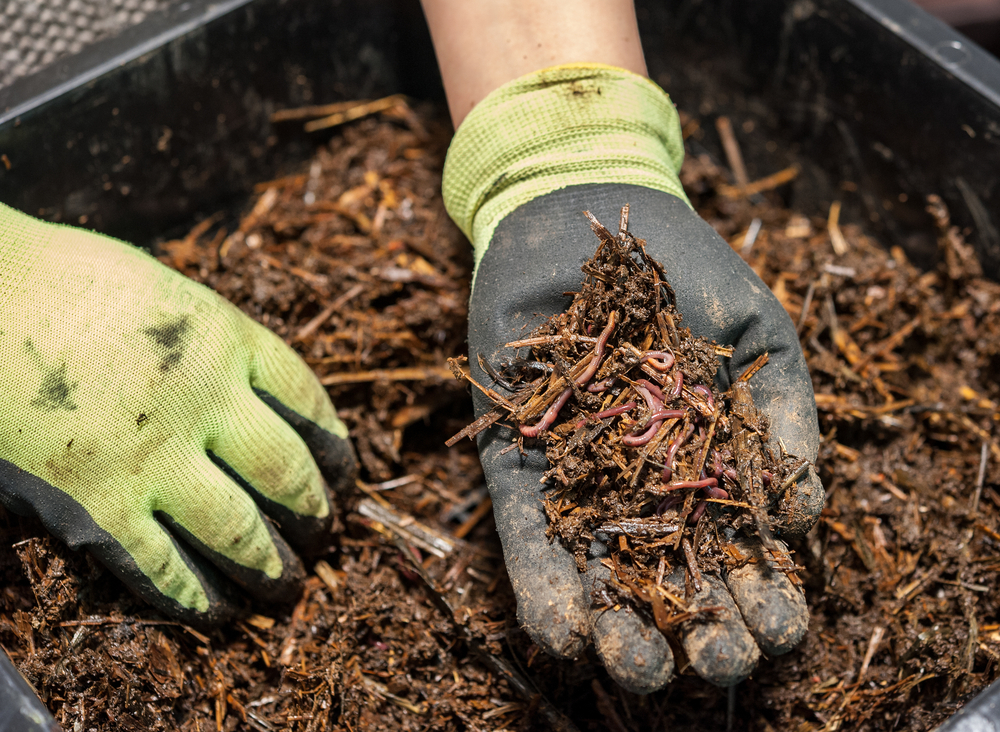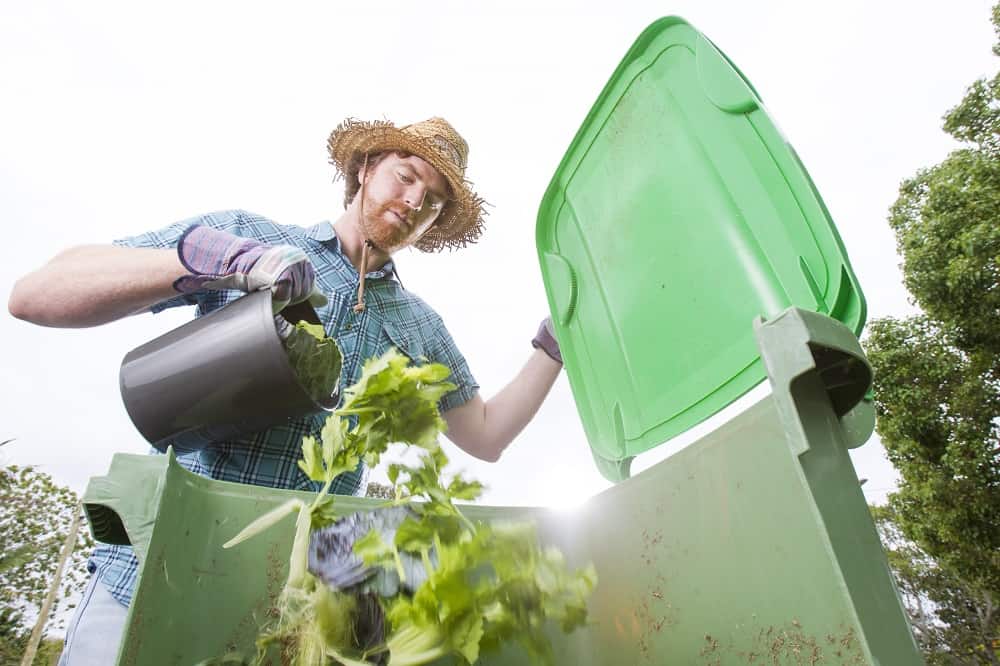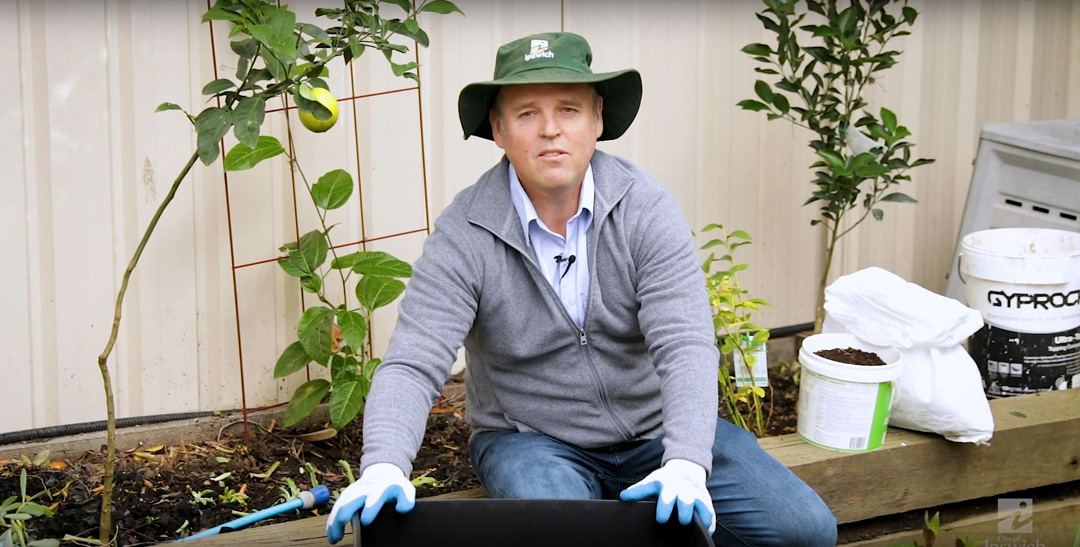
James Hilyard is Ipswich City Council’s Works, Parks and Recreation Department Principal Officer (Parks and Sport).
James is a horticulturalist, arborist and holds a masters degree in sustainability.
In this month’s gardening column, James shares his tips for worm farming and composting.
If it ever lived you can compost it.
I think I have tried to compost a lot of different stuff over the years with varying degrees of success and I have a few basic tips that will make composting your kitchen and garden waste more successful.
Avoid composting meat scraps, they tend to attract vermin and you’re more likely to get the households fur baby rifling through your compost bin looking for doggie treasure.
Dairy products, diseased plants, magazines, large branches, metals, plastic and glass, fat and oil or weeds with bulbs should also be excluded.
I tried to compost human hair once too after the first day of school kids bowl cuts where done in the backyard as I read somewhere that you could compost hair so I gave it a go.
Every time I turned over the compost heap it felt like a CSI crime scene.
Make sure your compost heap gets plenty of air.
You can do this by turning it over with a garden fork or at least making sure the bin has good air holes.
If the process doesn’t get air it will turn anaerobic and get smelly and slimy.
It’s important to keep it moist but don’t let it get too wet.
Layers of different material work best. Dumping a heap of grass clippings in a bin or the corner of your yard is not a compost bin.
If the material is put in a heap or bin then as it composts it heats up and breaks down, the compost is ready in 6-8 weeks when it’s dark brown, crumbly and smells earthy.
It can be used as mulch on garden beds and sprinkled around potted plants as a natural and nutrient-rich fertiliser.

Worm farms are a little different to a compost heap or bin.
Worms don’t like the heat generated during composting and tend to move in after the initial heating up stage of the composting process.
If you have a small amount of green waste or have limited space then maybe a worm farm is for you.
Worms are amazing creatures that are like living fertiliser tubes.
Worms dig and aerate the soil which allows more water to soak in.
These little guys eat their own body weight every day and can double their population every few months.
Worms love a simple diet of fruit and vegetable scraps, soggy shredded cardboard and newspaper, tea bags and coffee grinds, dog hair and egg shells.
To help worms eat faster cut things into small pieces, and check to make sure their meals aren’t rotting.
Compost worms convert organic waste into solid castings and nutrient-rich liquid called ‘worm tea’, which you can collect to use as a great natural fertiliser.
You can build your own worm farm using polystyrene boxes or an old bath tub, or buy a commercially-made farm or worm starter kit from a local supplier.
Start with a minimum of 1000 worms to give your worm farm the best start.
You will also need damp cardboard to line the first tier, and damp cardboard, newspaper or hessian over the worms and bedding.
Free guide: compost methods and worm farms, with tips and trouble shooting hints

Is a worm farm or compost bin not big enough for your family?
Council offers a high-value, convenient food and garden waste collection service for less than 25 cents per day. Your grass clippings, prunings, leaves, shredded paper, fruits and vegetables will be mulched and turned into compost.
If you are interested in this service contact council on 3810 6666.



